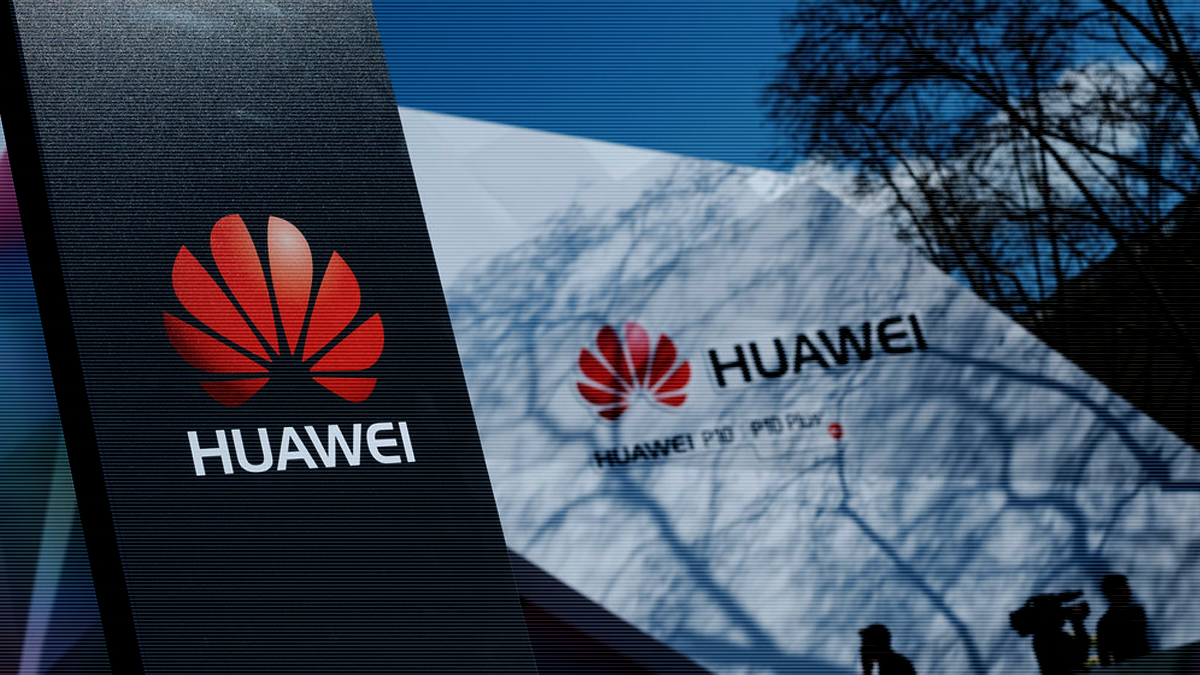BY: DEVIN DROVER
Devin Drover is a grassroots political activist, and the Atlantic Spokesperson for the Canada Strong and Proud network.
Last week, UK Prime Minister Boris Johnson announced his government’s decision to allow Chinese telecom company Huawei to be involved in building the country’s 5G network. This decision comes despite strong warnings from the Trump administration and was quickly met with public backlash from cyber-security experts, legislators and foreign allies.
As Canadian officials grapple with critical decisions in the construction of our own 5G network and face vigorous lobbying efforts from Huawei, it is important that we do not make the same mistake. Canadians need to recognize the real threat to our security and privacy posed by Huawei, protect our relationship with the United States and other foreign allies and ultimately stand up to China by refusing Huawei access to our 5G network.
5G is a critical piece of infrastructure that we must be very considerate in developing. It is not only faster and more reliable than existing 4G networks used by most of our mobile phones but will also be used in the connection of practically all technology, from electricity grids to emergency services. With this comes the transfer of mass data, and opens Canadians to cyber-threats if we are not prudent in network development.
Allowing Huawei any role in developing our 5G network will open Canadians up to mass-surveillance by the Chinese government and could lead to data-sharing which risks violating our individual privacy and security rights.
Huawei’s dominance of the 5G market is not by accident. Its corporate governance structure makes them effectively an arm of the Chinese government, giving them access to nearly unlimited resources compared to some of their private competitors. This also means the Chinese government could have easy access to all data they collect, including from their involvement in foreign projects like the operation of 5G in the United Kingdom, and exploit it.
Boris Johnson’s plan includes a caveat that Huawei will only be involved in a limited capacity – only allowed to account for 35% of the network’s development at the periphery level, and excluded from areas near military bases and nuclear sites. But as the adage goes, “if the camel once gets his nose in the tent, his body will soon follow.”
While the UK’s spy agencies have stated that risks of data-sharing can be mitigated, this has been heavily disputed by cyber-security experts – including a director of the Australian Signals Directorate Simeon Gilding, who reported that the UK is relying on an out-dated cybersecurity model in attempting to manage the risk of data-sharing through state-sponsored hacking.
Canada following a similar path as the UK will continue to deteriorate our relationship with the United States, who have launched a significant campaign to stop the “Five Eyes” countries from being involved in 5G development. Meanwhile, we will instead continue to bend to the authoritarian Chinese regime – which continues to participate in unspeakable human rights abuses, including in Hong Kong, and continue to threaten Canada without any consequence.
A ban on Huawei in Canada will have some negative implications for Canadian telecommunications companies, many of whom have already invested in parts from Huawei to be used in their network. However, we must put the security and privacy rights of Canadians above the profit interests of our telecommunications company. And our federal government is overdue to stand up to the anti-consumer, ethically-questionable behaviour from these corporations regardless.
Ultimately, nations that do not secure their data from geostrategic threats are not sovereign nations. We must stand up against China, refuse Huawei an ability to develop our 5G network, protect Canadian privacy and security rights and rebuild relationships with our closest foreign allies. It is the only path forward.





















